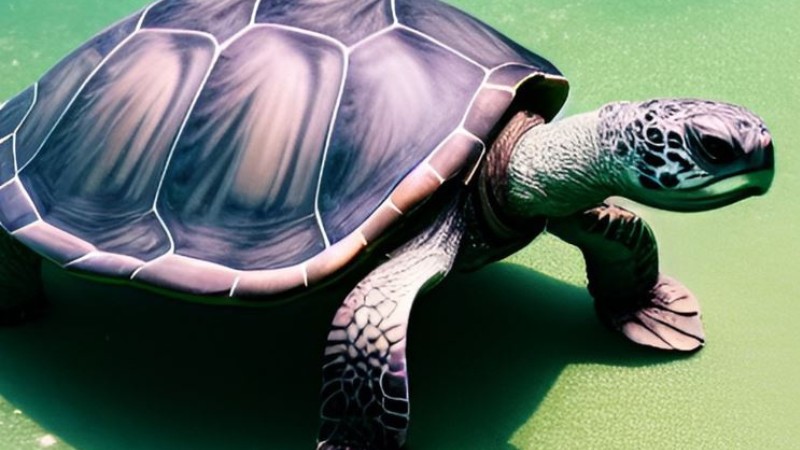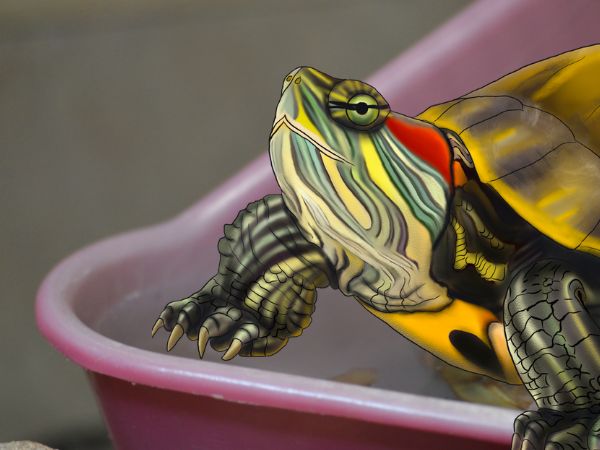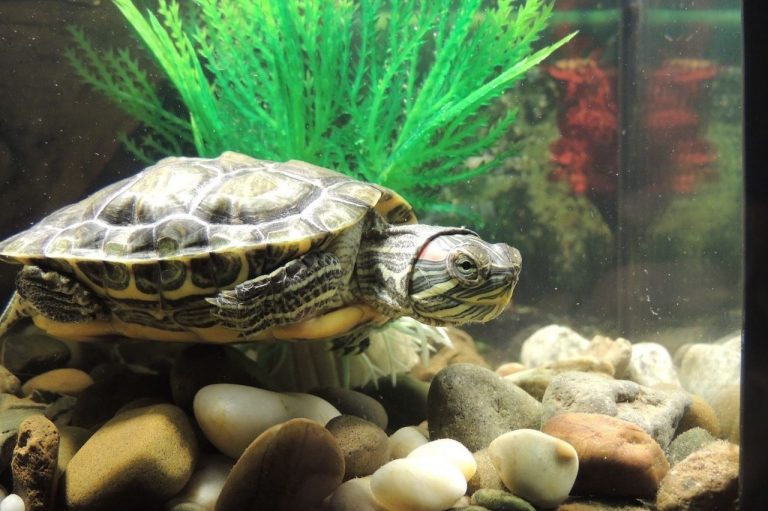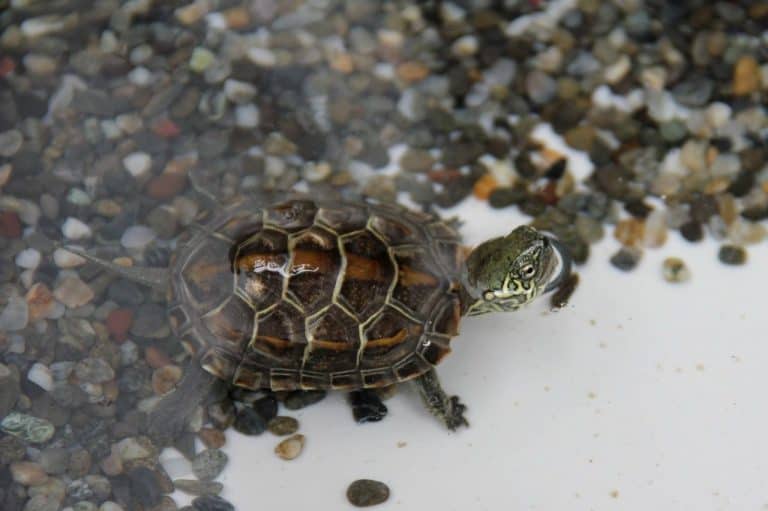how do turtles show affection to humans?
Turtles may appear cold and distant, but they can actually be surprisingly affectionate towards humans. They show their affection in various ways, such as playfully nibbling on toes and responding to their name.
In this blog post, we will explore how turtles demonstrate affection towards humans and discuss the different ways in which these incredible creatures show love and care for their human companions.
How do turtles demonstrate affection to their owners?
Turtles can form an affection for their owners and show it in a variety of ways, from nuzzling and cuddling to following them around whenever possible.
Some turtles may even make chirping noises or vocalizations when they are feeling content. To show their feelings towards the caretaker, some turtles will even act out by chewing or licking their owners.
signs and indicators of a turtle’s affection:
Signs that a turtle is feeling affectionate include swimming towards the owner, making chirping noises or vocalizations, nudging and cuddling up to their caretaker, displaying bright colors when excited, and seeking out the owner.
activities that will make your feel loved:
Simple activities, such as petting your turtle on the head, providing them with their favorite food, and playing with them, can be great ways to show your turtle how much you care for them. Turtles also enjoy being handled gently and given regular baths.
behaviors should you avoid or watch out for:
It is important to remember that turtles can become stressed due to improper handling or excessive interaction with their owners. It is advisable to refrain from overstimulating your turtle and to respect their need for solitude.
Other behaviors that should be avoided include playing too roughly, tapping on the tank, and disregarding signs that the turtle is uncomfortable or unhappy.
Tips for providing a happy and healthy environment for your turtle:
To ensure a safe and healthy home for your turtle, ensure that you have a clean tank with ample space and appropriate temperature levels.
Additionally, provide access to food, water, sunlight, and other essential resources. Regularly monitor your pet to ensure they are not stressed or mistreated by other animals in the household.
Common myths about turtles showing affection to humans debunked:
Contrary to popular belief, turtles can show affection towards their owners, and they can form strong bonds with humans.
Turtles do not require constant holding or petting to feel connected, as they are capable of forming relationships with minimal interaction.
It is important to remember that each turtle has its unique personality, so it is essential to treat each one with patience and respect.
Furthermore, turtles have long lifespans, often living for many years or even decades, and they can develop strong emotional attachments with their owners over time.
Therefore, it is crucial to provide your turtle with a healthy environment and plenty of love throughout its lifetime.
With enough care and attention, you can be confident that your turtle will remain loyal and affectionate towards you for a long time.
temperature affecting sea turtle’s gender birth:
Temperature plays a significant role in determining the gender of sea turtles. Sea turtles exhibit temperature-dependent sex determination (TSD), where the gender of the hatchlings is determined by the incubation temperature of their eggs.
Higher temperatures result in more female turtles, while lower temperatures lead to more males. The temperature thresholds for each species can vary but usually range between 25°C and 31°C (77-88°F). Typically, an equal proportion of males and females are produced when the temperature falls within the midpoint of this range.
Studies have shown that even slight fluctuations in temperature can greatly impact the sex ratio of hatched sea turtle populations. With the ongoing rise in global temperatures caused by climate change, there is a potential increase in the number of female sea turtles being born.
Faqs for how do turtles show affection to humans :
turtles prefer to be left alone and may only become aggressive if they feel threatened. While they may not show affection in the same way as other animals, turtles can still form strong bonds with each other and their keepers.
final words:
Turtles can show their affection in a variety of ways, such as nuzzling and cuddling, following around whenever possible, making chirping noises or vocalizations when content, and even chewing or licking the owner.




